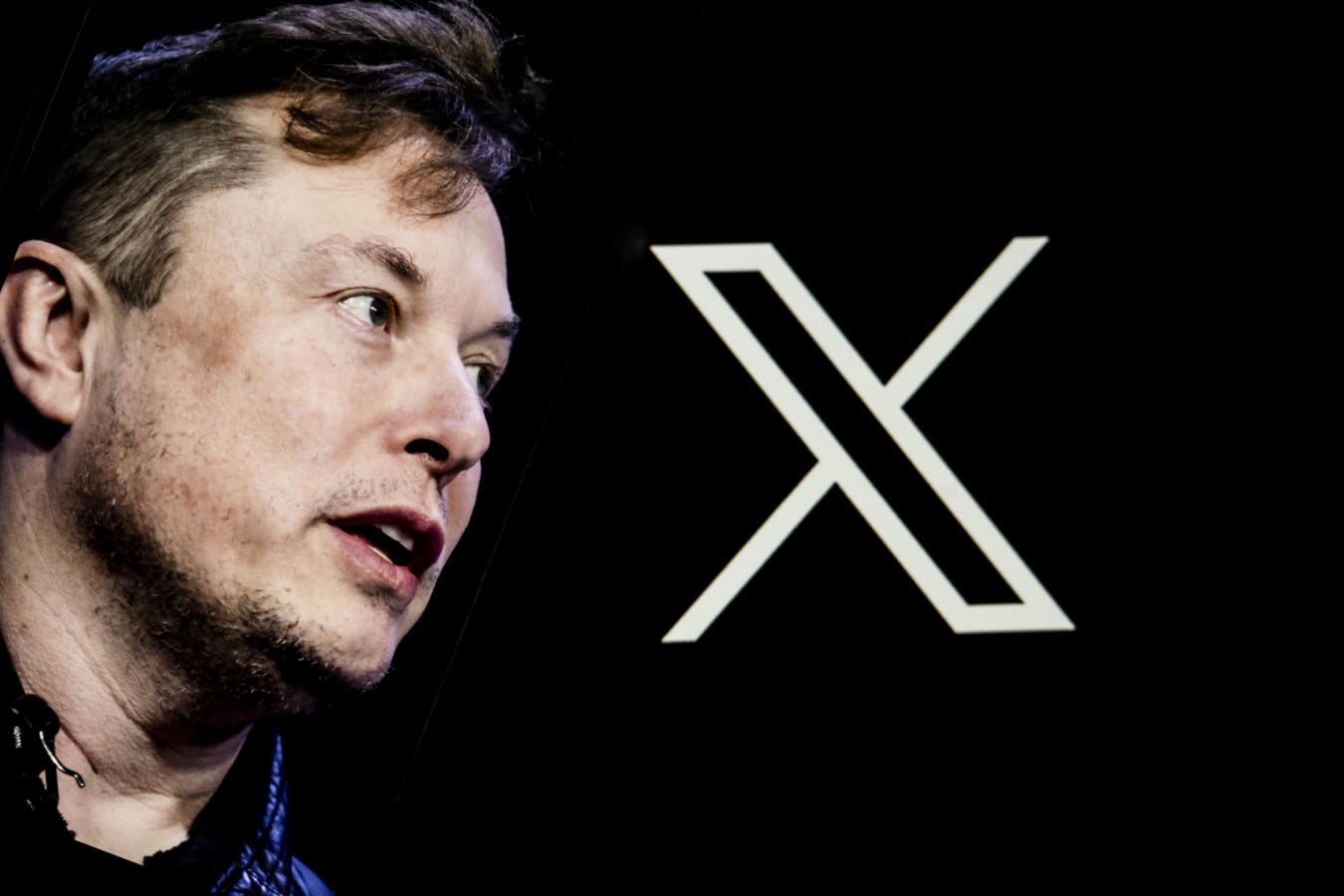Elon Musk once again teases Xmail rival for Gmail
The response to a posting on X, formerly known as Twitter, on Dec. 15 that suggested an Xmail email service to rival Gmail would be cool shouldn’t be too controversial. However, when that response comes from Elon Musk himself, you can bet that it will stir things up more than a little. “Yeah. On the list of things to do,” Musk wrote. Here’s why that poses a security threat to billions of Gmail users.
Why Elon Musk’s Xmail Is A Risk To Gmail Users Before It Even Launches, If It Ever Does
Attempting to get a definitive number on how many X users there are as we trundle headlong towards 2025 isn’t easy. Following a whole lot of Google searching, however, the likeliest figure would appear to be around 600 million. That sounds like a lot until you consider the number of active Gmail users, also according to Google’s own figures, of 2.5 billion or a third of the world’s population. Given all of that, what possible threat could an email service launched by Elon Musk, let alone one that currently remains in the realm of rumor, pose to Gmail users? The answer is simple: a security one.
We’ve been down this road before, back in Feb. 2024, when Musk also teased the notion of an Xmail email service. Also in response to a posting on the X social media platform, from an engineer at the company asking when X would be making Xmail: “It’s coming” Musk said. Two words that caused a whole lot of media kerfuffle.
The Perfect Xmail Phishing Storm
At the time, I argued that this could be a significant phishing threat, given the interest in everything Musk says and does, X as a social media platform and Gmail as the world’s most popular free email platform. Nothing, and everything, has changed. The interest in Musk remains but has expanded massively given his proximity to President-Elect Trump and likely role in the incoming U.S. administration through the proposed Department Of Government Efficiency. X, despite losing members to the rival Bluesky service in recent months, remains the social media platform that gets the most media attention. And Gmail, well, Gmail is still the most popular free email service. It is, in other words, the perfect phishing storm.
The main difference, however, is that AI-generated phishing has now reached a point where it is not only very good at creating realistic scam messaging but is also cheap enough to be the weapon of choice for cybercriminals in the business of scamming people out of account credentials and cash. I expect both to be leveraged in the coming months if there continues to be speculation about the new email service. Gmail users are at risk as they are the main demographic when it comes to likely interested users and will probably find themselves tempted by invitations to sign up to early Xmail beta access or provided with tools for making the switch to the non-existent service easy by entering Gmail login details to transfer all messages across. The message is simple: Xmail doesn’t exist yet, the phishing threat does. Be careful out there folks.


